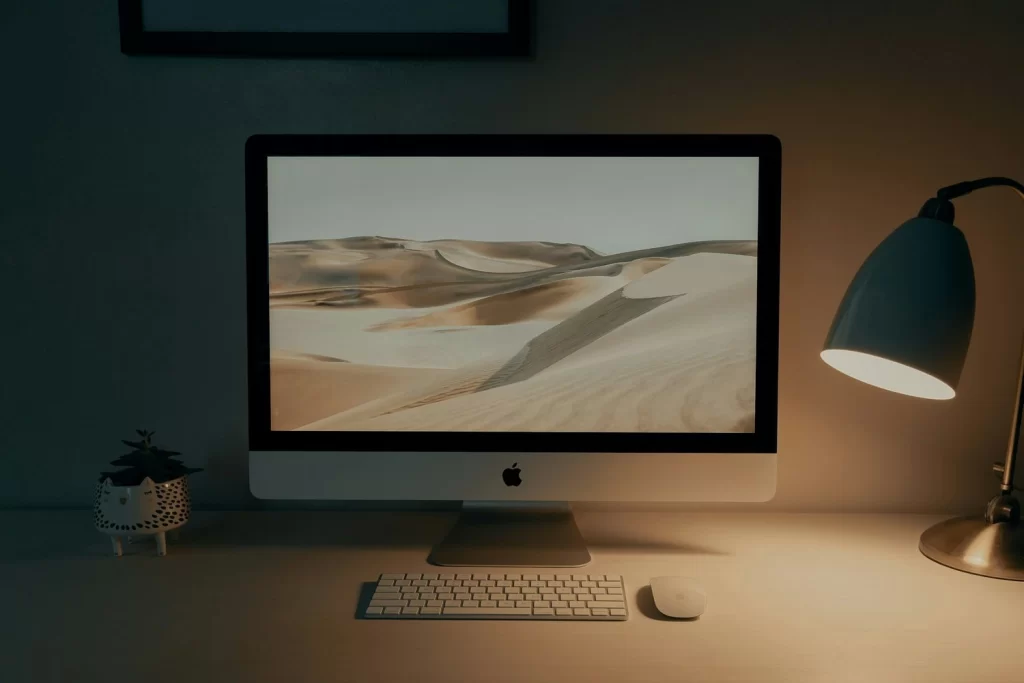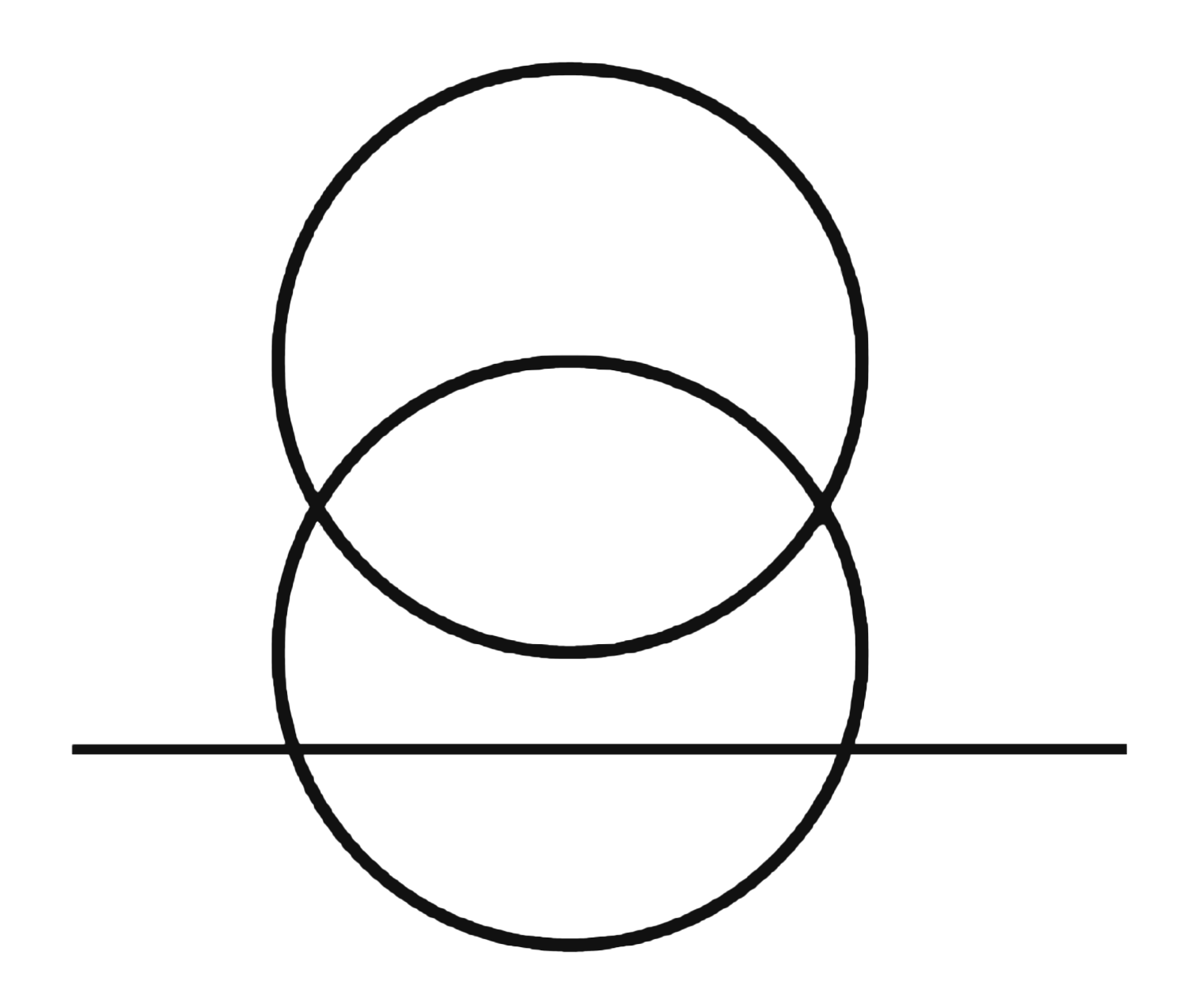Efficiency Habits of Successful People: Work Smarter, Perform Better

Organized day with get you to do more and feel better. Statistics show that clutter in the mind and workspace add onto stress over a quarter of the stress you get from your job.
Some people seem to always have it all together: they hit their goals, stay calm under pressure, and still manage to have time for what they love. I am not one of them, but it sure seems nice! So, i’ve dug a bit into successful people’s routines and for tips and tricks to steal. Spoiler alert: it’s not magic—it’s habits. Successful people swear by a few key efficiency habits that help them stay focused, reduce stress, and make the most of their time. Here’s a look at how these habits work and how you can use them to level up your own game.
The Power of Efficiency Habits
Efficiency is about doing things right, but effectiveness is about doing the right things—a key principle in organizational techniques and productivity hacks. The combination of the two seems to be the golden goose. And if you are a messy type of mind, and that doesn’t bother you, keep doing you! But if you are struggling to find focus and lacking satisfaction at the end of the day, habits like prioritizing tasks, organizing your workspace, and managing time effectively help. Changing overnight because you read this magnificent blog will probably not work sustainably, but implementing organization bit by bit, will help you in the long run:
-
Stay Focused: Less distraction, more results.
-
Reduce Stress: Knowing what to do (and when) calms your mind.
-
Perform Better: Consistent organization lets you shine in any area of life.
Efficiency Habits That Work
Here’s an overview of the efficiency habits of a few people to draw inspiration from:
1. Time Management Like Mark Cuban
Mark Cuban, the billionaire entrepreneur and owner of the Dallas Mavericks, is a big believer in efficient time management. Cuban avoids unnecessary meetings and focuses on tackling tasks with the greatest impact. He is known for saying, “Time is the most valuable asset you don’t own.” Contrary to what you might expect, he is not a member of the 5am club – he gets up around 7-7:30am, and still gets quite a lot done, by prioritizing tasks, getting online instead of in-person for everything possible to save time and sticking to his schedule.
-
How You Can Use It: Cut out non-essential activities and focus on high-priority tasks that drive results. Use tools like task prioritization apps or even a simple notebook to streamline your day. Write your daily to-do list the night prior, start your day by prioritizing and actually doing the do-s, and whatever is left from the day, move in onto the page of the next. Quite simple, isn’t it?
2. The “Two-Minute Rule” by David Allen
Productivity guru David Allen suggests that if a task takes less than two minutes, do it immediately. This keeps your to-do list manageable and avoids procrastination.
-
How You Can Use It: Respond to short emails, tidy up your desk, or make quick decisions right away instead of letting them pile up. Try to do it, experiment with a week of that, and see how much time you otherwise waste on putting off small items for later. It will help declutter your day and bring a sense of accomplishment, that gives you the dopamine boost to jump on the more time-consuming items of your list.
3. Morning Routines Like Oprah Winfrey
Oprah’s mornings are sacred. She starts her day with meditation, exercise, and a healthy breakfast. This sets a positive tone for the rest of her day.
-
How You Can Use It: Create a morning routine that energizes you—whether it’s journaling, stretching, or sipping coffee mindfully. The time you don’t give yourself in the morning, will haunt you all day.
4. The “Eat That Frog” Method by Brian Tracy
Brian Tracy’s famous technique is all about tackling your hardest or most important task first thing in the morning. Once it’s done, everything else feels easier.
-
How You Can Use It: Identify your “frog” (the task you dread) and commit to finishing it before anything else.
5. Decluttering Like Marie Kondo
A cluttered space equals a cluttered mind. Marie Kondo’s philosophy of keeping only what sparks joy can help you focus better and reduce stress.
-
How You Can Use It: Start small by organizing your workspace or digital files. A clear environment fosters a clear mind.
6. Long and Short Term Task List
No celebrity here, just me and my therapist talking – have a 6-month, 3-months and weekly goals. Then go back to what do you need to do to get to these goals and make a list. Prioritize the items and get to work. Stick to it and check your milestones regularly. Needless to say, that latter part is the hardest to do!
How Organizational Techniques Boost Performance
When your life and work are well-organized, your brain has less to juggle. Here’s why it works:
-
Focus on What Matters: Organization helps you identify priorities and avoid wasting time on low-value tasks.
-
Streamline Decisions: When everything has its place, you spend less time searching or overthinking.
-
Build Momentum: Small wins, like clearing your inbox or finishing a to-do list, motivate you to tackle bigger goals.
According to a study by the Journal of Organizational Behavior, people who implement organizational systems are 25% more productive and report lower stress levels. 25% is not a small number – get in there!
Easy Ways to Get Started
Want to build efficient habits that work? Start small and incorporate these time management strategies:
-
Create a Master To-Do List: Write down everything you need to do, then prioritize.
-
Set Clear Goals: Know what you want to achieve each day, week, and month.
-
Batch Similar Tasks: Group similar tasks together, like replying to emails or making phone calls.
-
Reflect and Adjust: Take 5 minutes at the end of each day to review what worked and plan for tomorrow.
The Bottom Line
Efficiency habits aren’t just for CEOs and entrepreneurs—they’re for anyone who wants to reclaim their time and sanity.Pick one habit, master it, and watch as your productivity, focus, and peace of mind skyrocket. And if this one habit is not your jam, try another one. Find your center. Your most efficient self is waiting.

